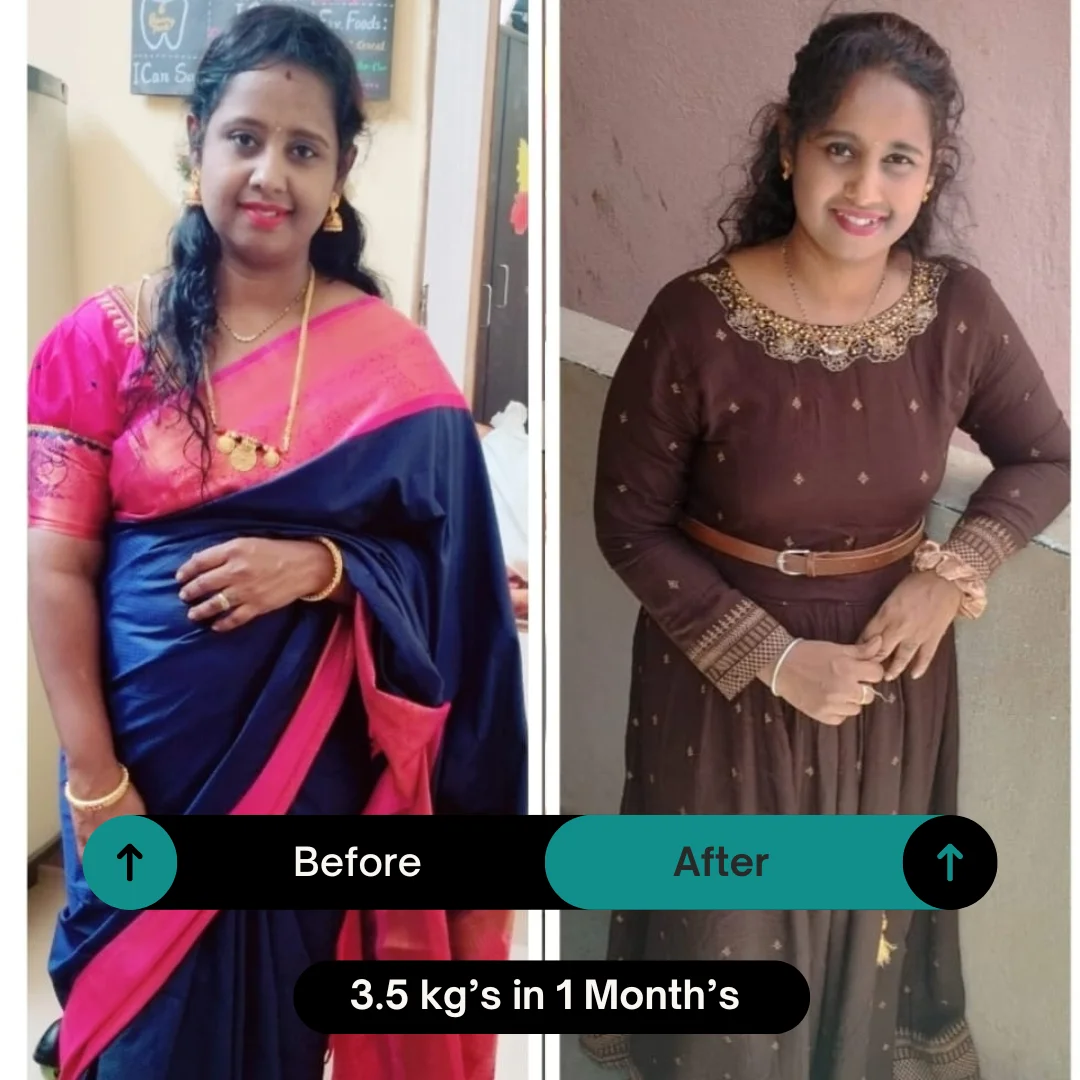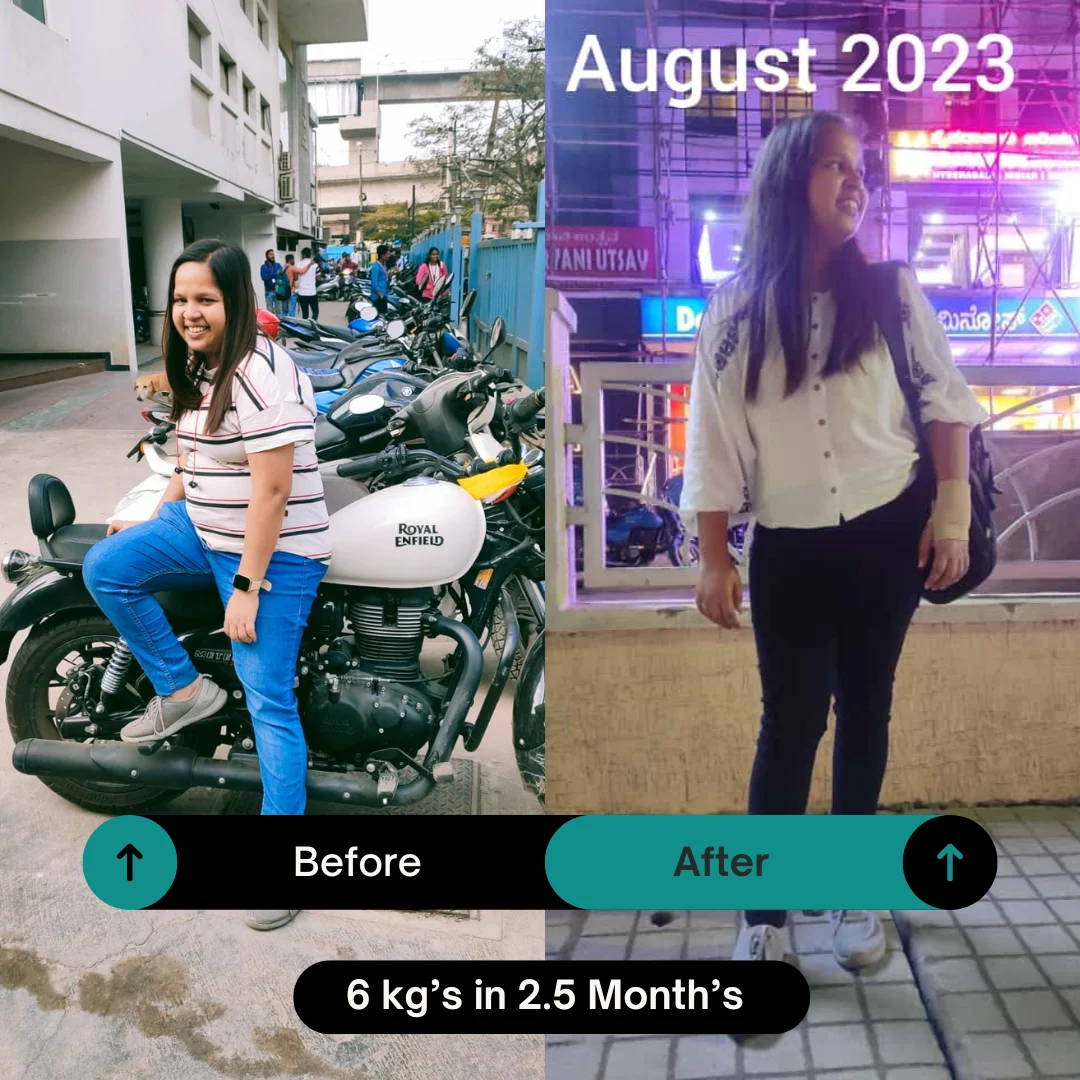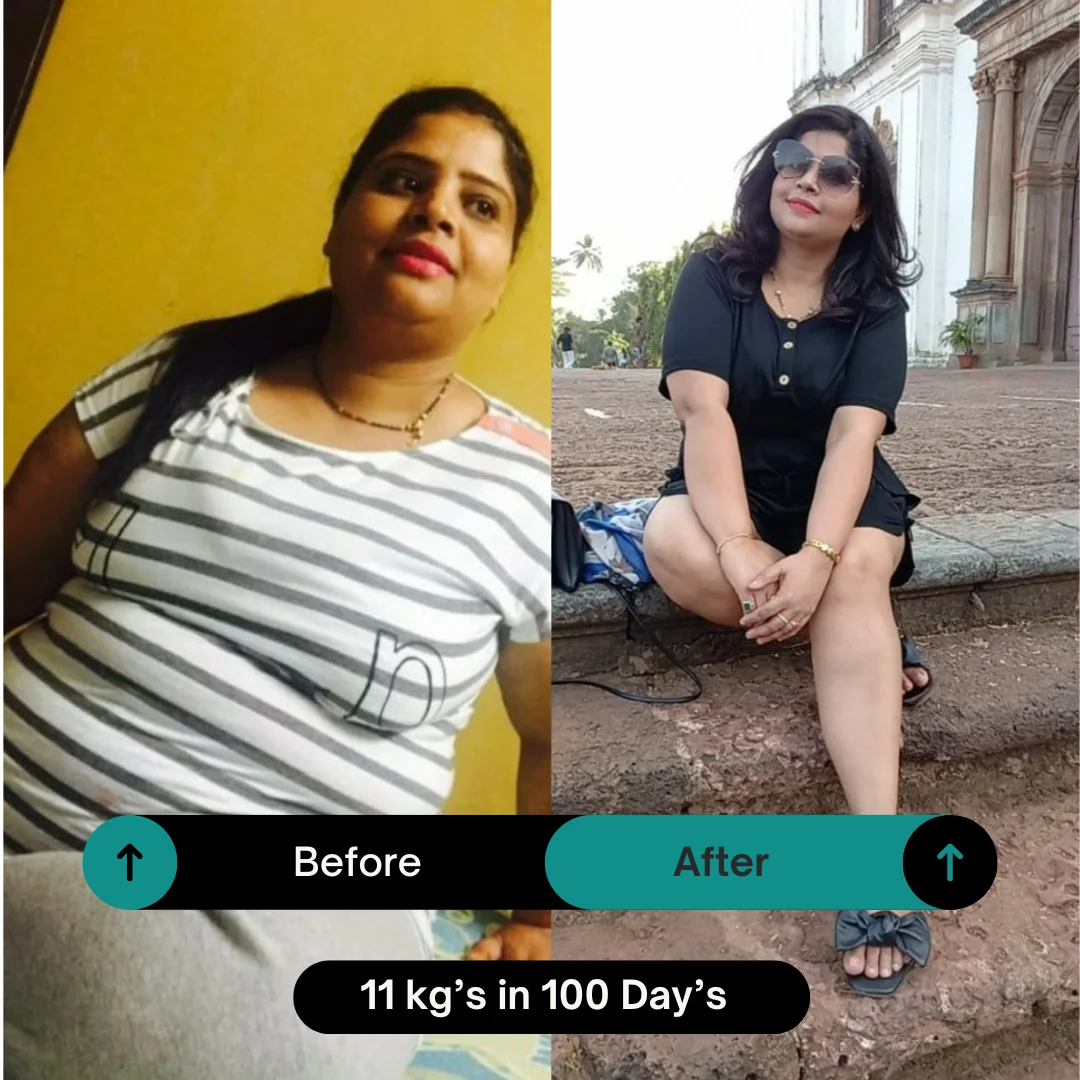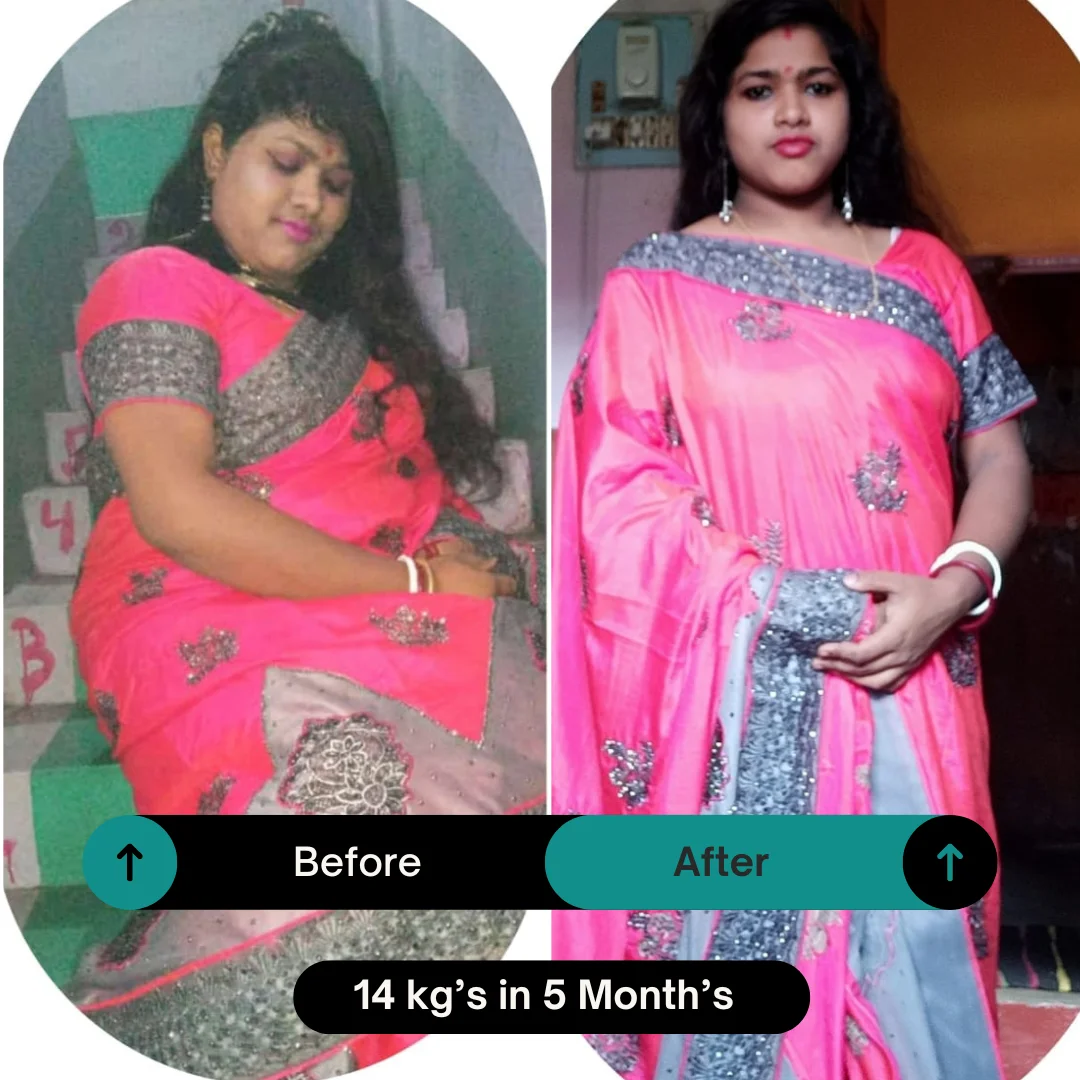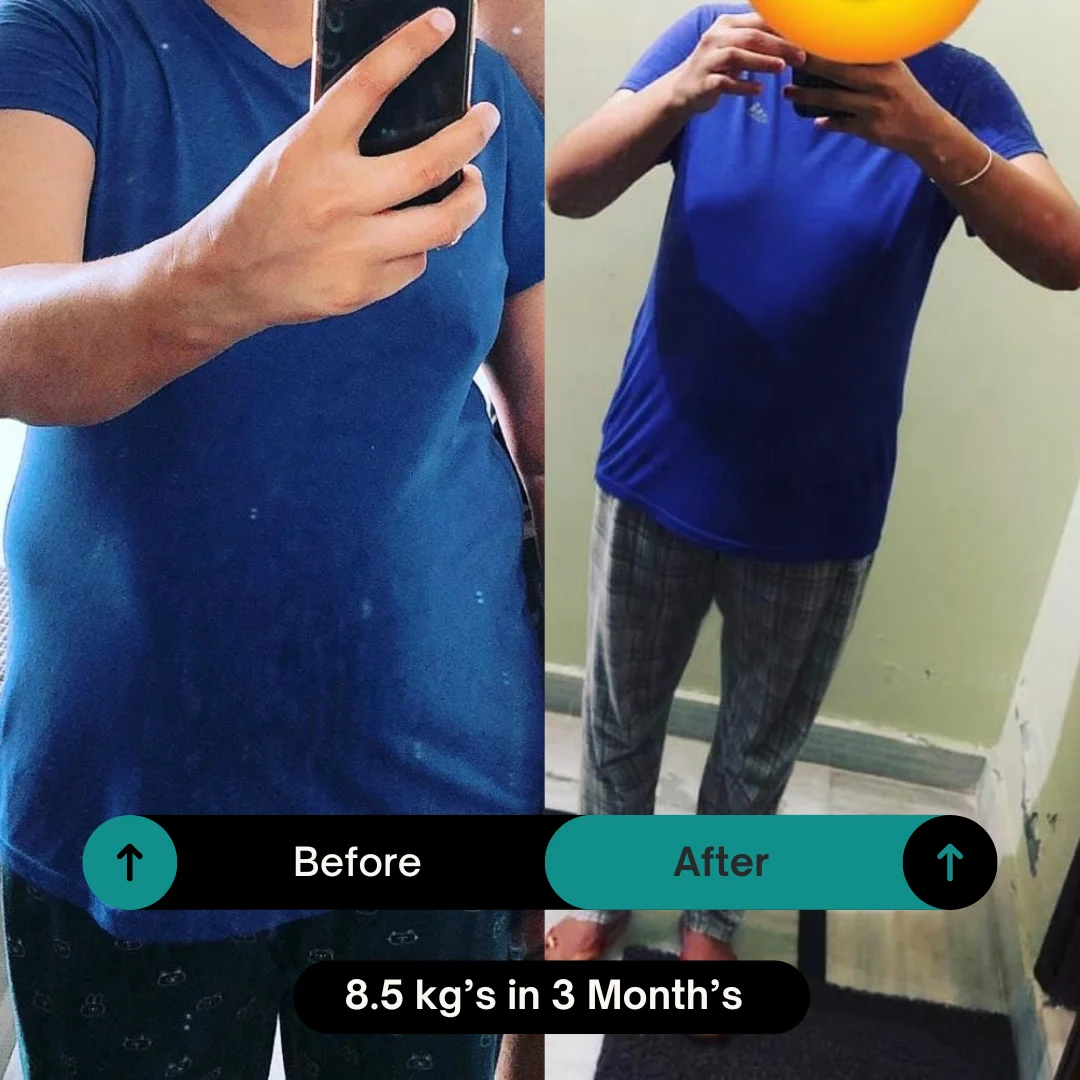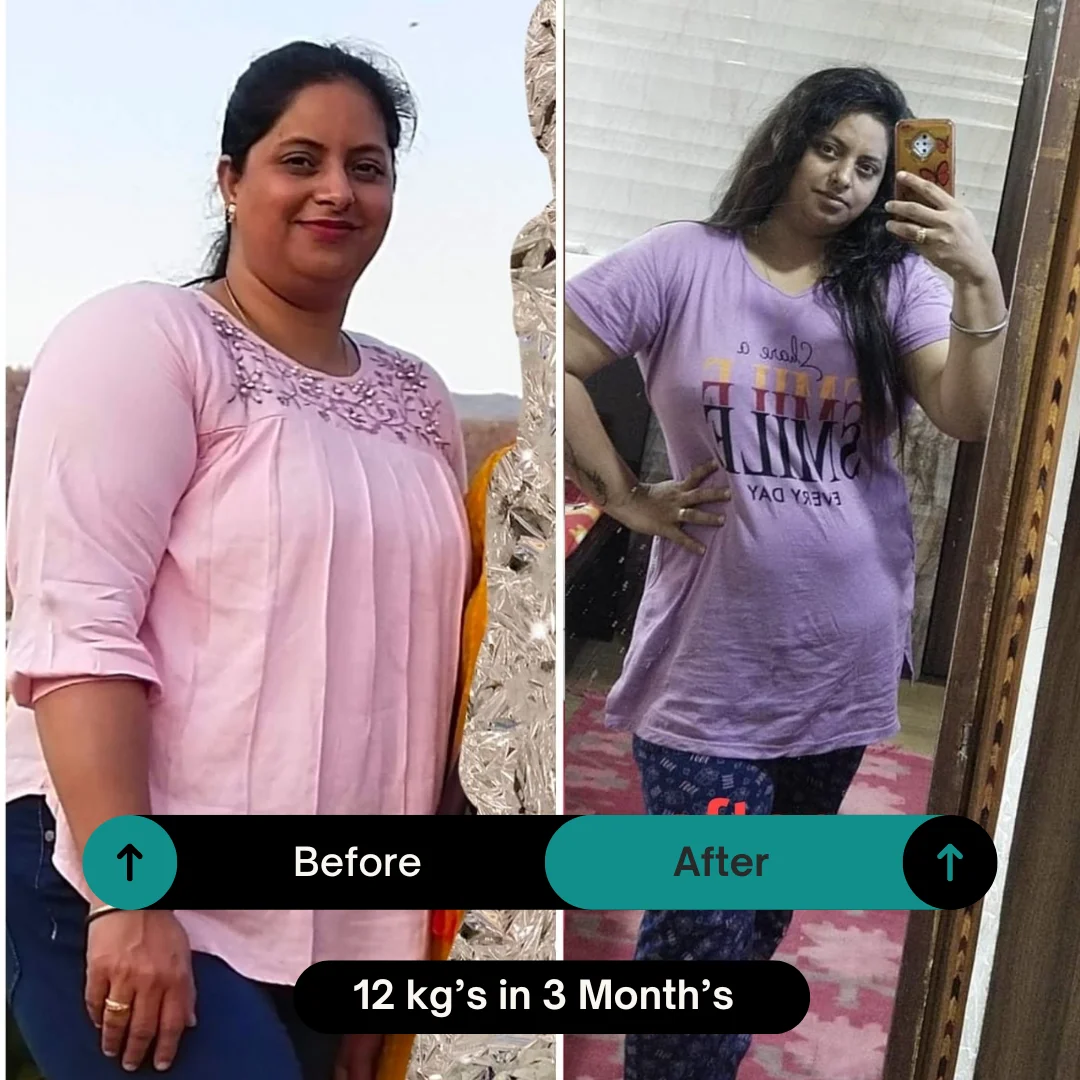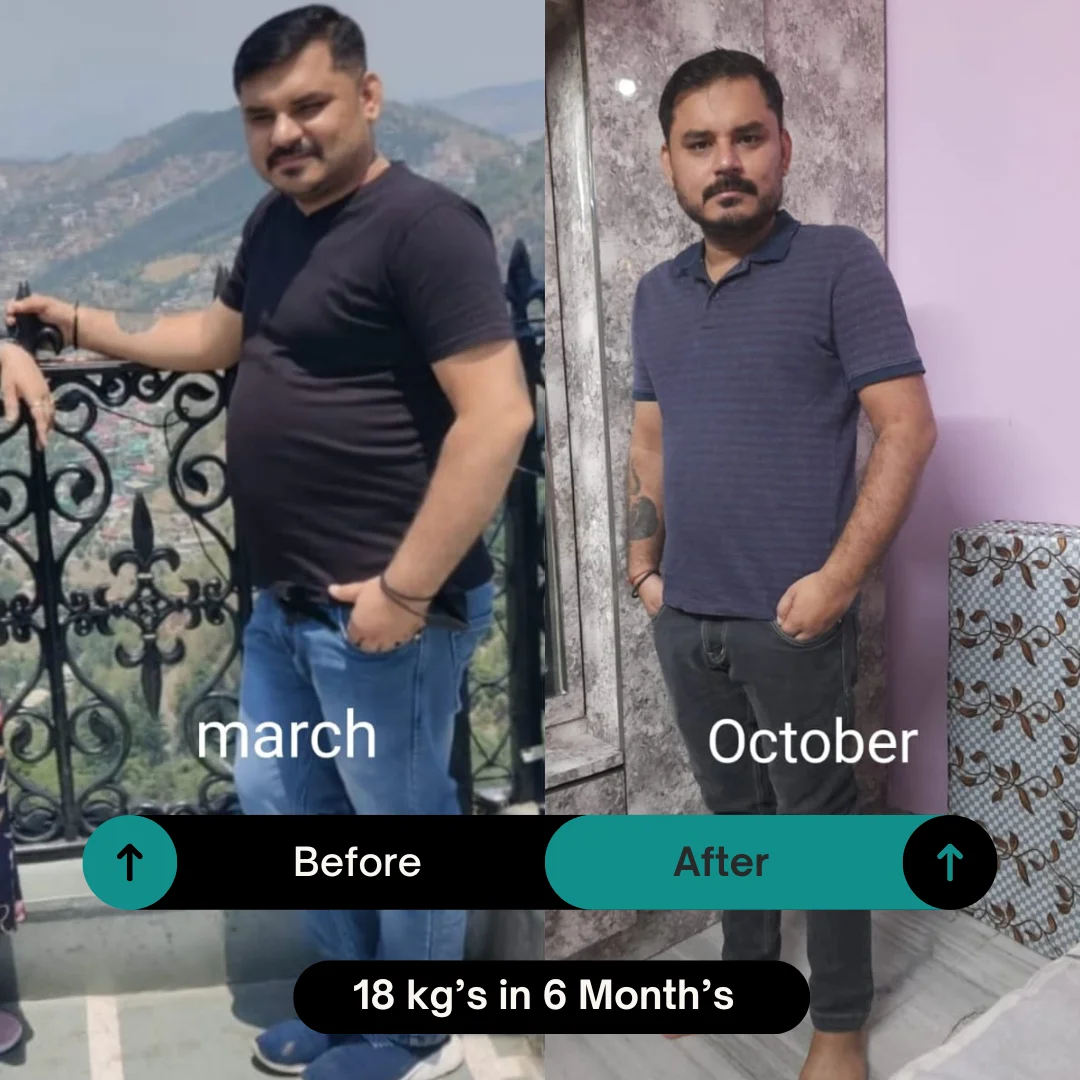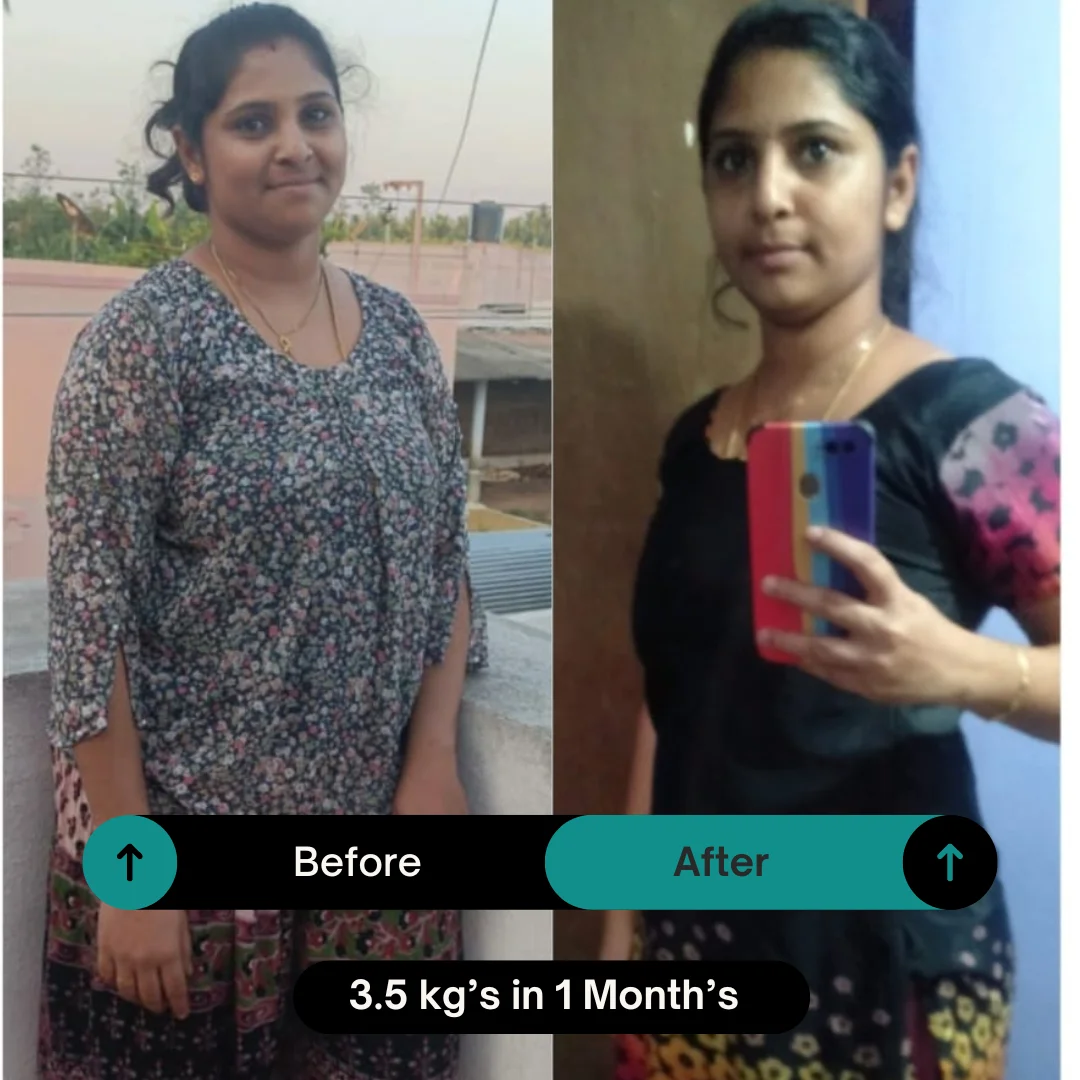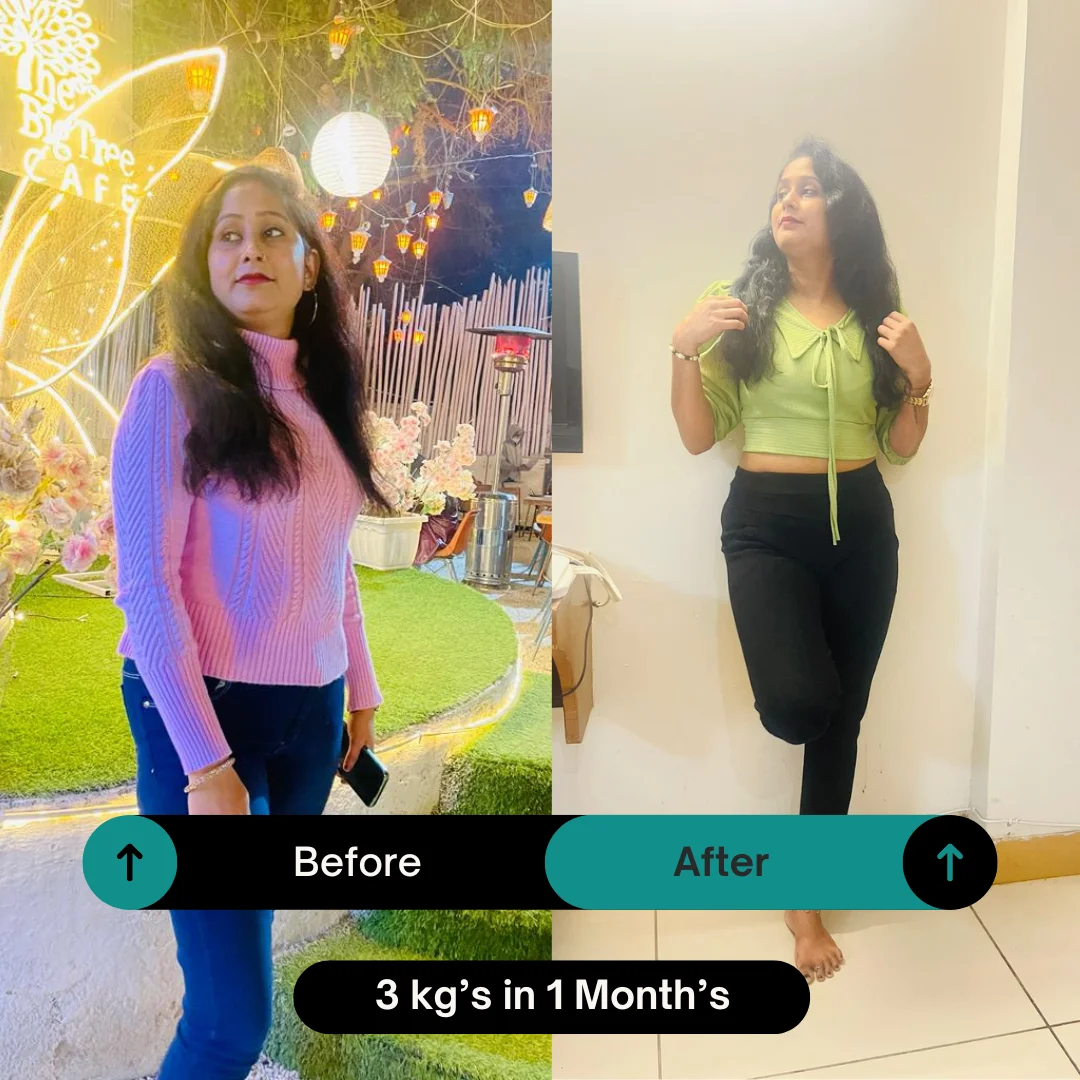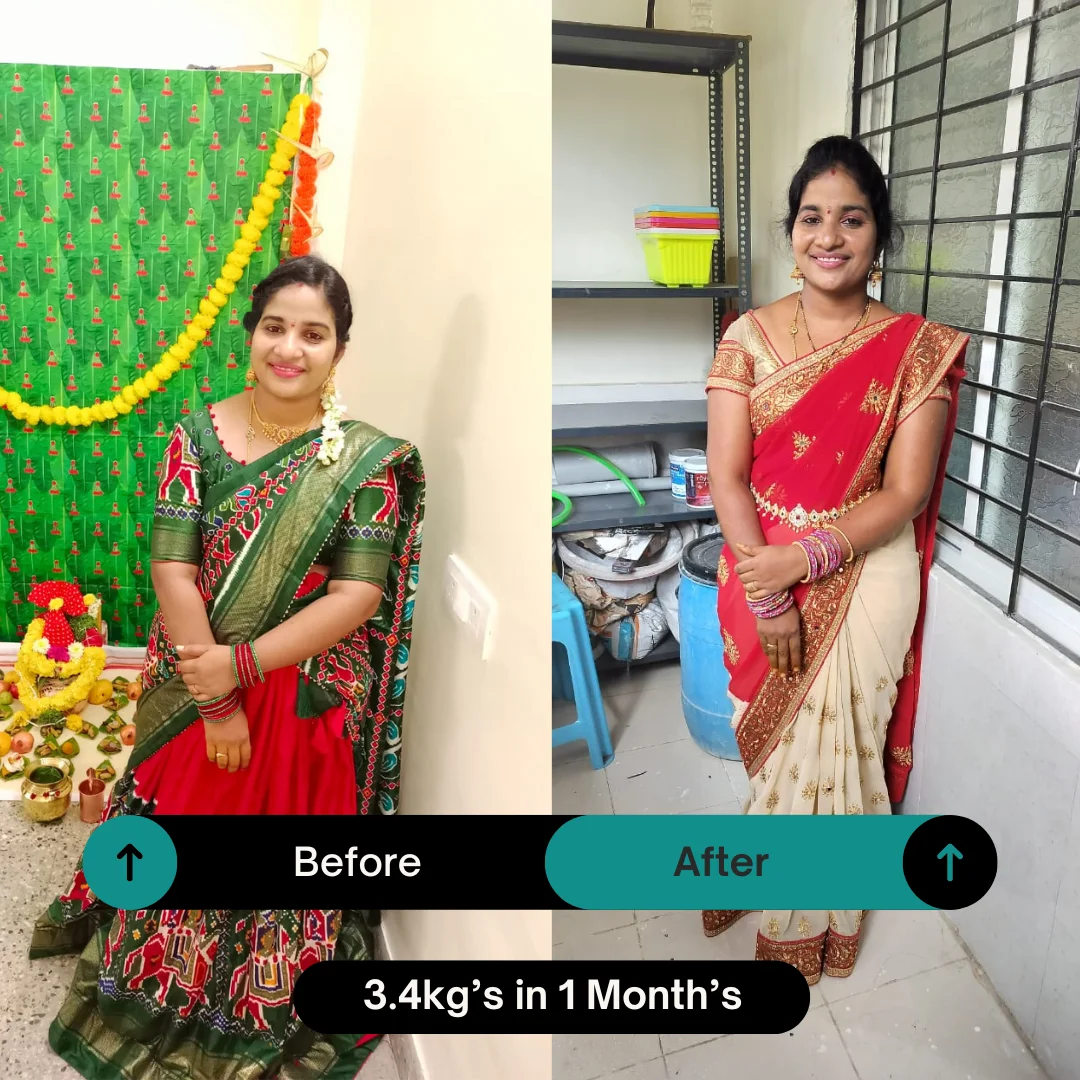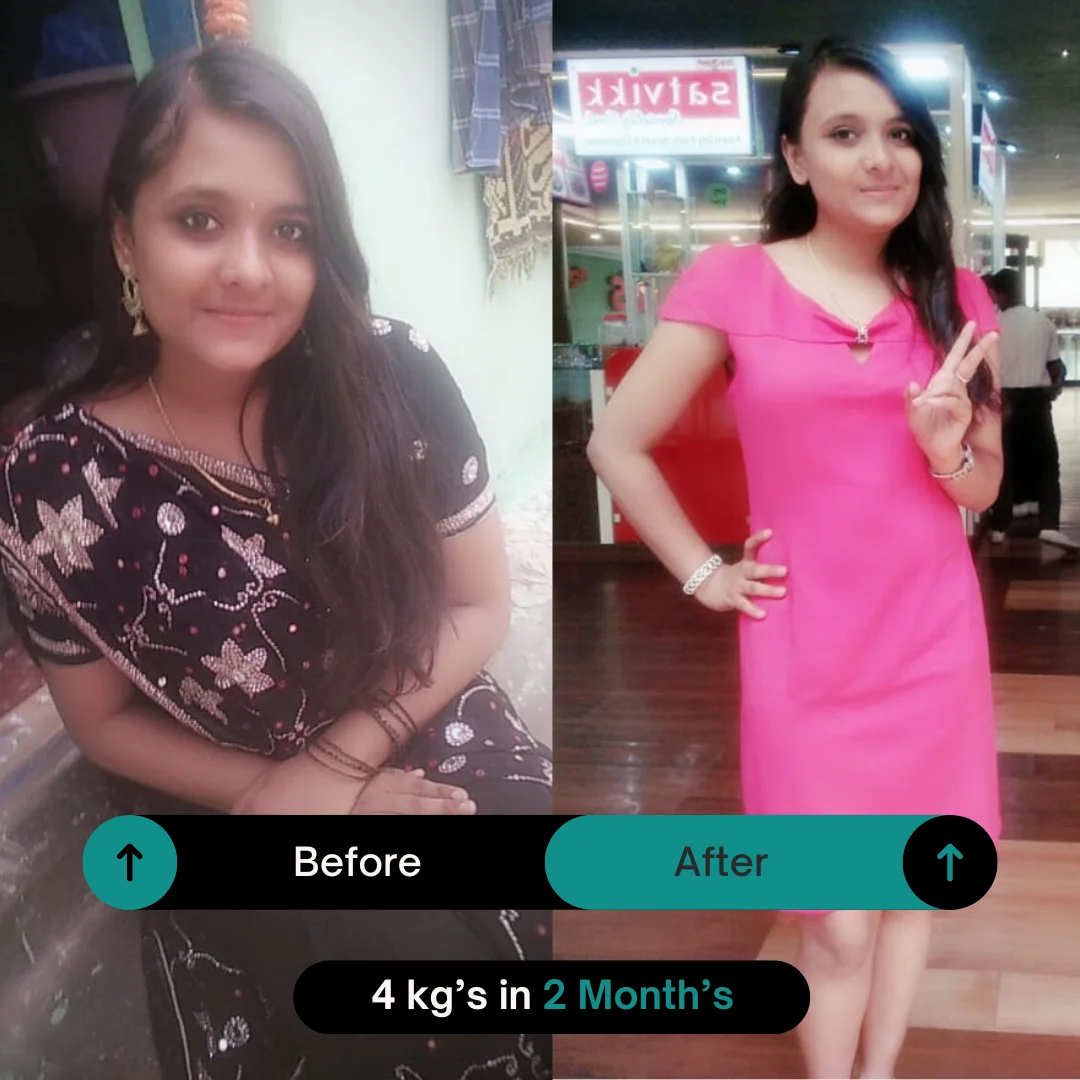Empowering Women: A Guide to Reversing PCOD Naturally
Introduction: Polycystic ovary syndrome (PCOS) is a common hormonal disorder that affects millions of women worldwide. Characterized by irregular menstrual cycles, ovarian cysts, and hormonal imbalances, PCOS can have a significant impact on a woman's physical and emotional well-being. While conventional treatments often focus on managing symptoms through medication, many women seek alternative approaches to address the root cause of PCOS and promote long-term healing. In this blog post, we'll explore natural strategies for reversing PCOS and restoring hormonal balance, empowering women to take control of their health and fertility.
Understanding PCOS:
Before delving into natural remedies, it's essential to understand the underlying mechanisms of PCOS. PCOS is believed to be a multifactorial condition influenced by genetic, environmental, and lifestyle factors. Insulin resistance, inflammation, and hormonal imbalances, particularly elevated levels of androgens such as testosterone, play key roles in the development and progression of PCOS. Addressing these factors holistically is crucial for reversing PCOS naturally.

Natural Strategies for Reversing PCOS:
- Balanced Diet: Adopting a whole foods-based diet rich in fruits, vegetables, lean proteins, and healthy fats can help regulate blood sugar levels, reduce inflammation, and support hormonal balance. Focus on complex carbohydrates with a low glycemic index to prevent spikes in insulin, which can exacerbate PCOS symptoms.
- Regular Exercise: Engaging in regular physical activity can improve insulin sensitivity, promote weight management, and reduce stress levels, all of which are beneficial for women with PCOS. Aim for a combination of aerobic exercise, strength training, and stress-reducing activities such as yoga or meditation.
- Supplements: Certain supplements may help address nutrient deficiencies and support hormone regulation in women with PCOS. Examples include omega-3 fatty acids, magnesium, chromium, vitamin D, and inositol. However, it's essential to consult with a healthcare professional before starting any new supplements to ensure safety and efficacy.
- Stress Management: Chronic stress can exacerbate PCOS symptoms by increasing cortisol levels and disrupting hormonal balance. Implementing stress management techniques such as deep breathing, mindfulness, and relaxation exercises can help mitigate the effects of stress on the body.
- Sleep Hygiene: Prioritizing adequate sleep is crucial for hormone regulation, metabolic health, and overall well-being. Aim for 7-9 hours of quality sleep per night and establish a consistent sleep schedule to support optimal hormonal function.

Conclusion:
While PCOS can present significant challenges, it's important to remember that there are natural strategies available to support healing and hormone balance. By addressing underlying factors such as insulin resistance, inflammation, and stress, women with PCOS can take proactive steps towards reversing the condition and improving their overall quality of life. Remember to consult with a healthcare professional before making any significant changes to your lifestyle or treatment plan. With dedication, patience, and a holistic approach, women can empower themselves to overcome PCOS and thrive on their journey to wellness.
